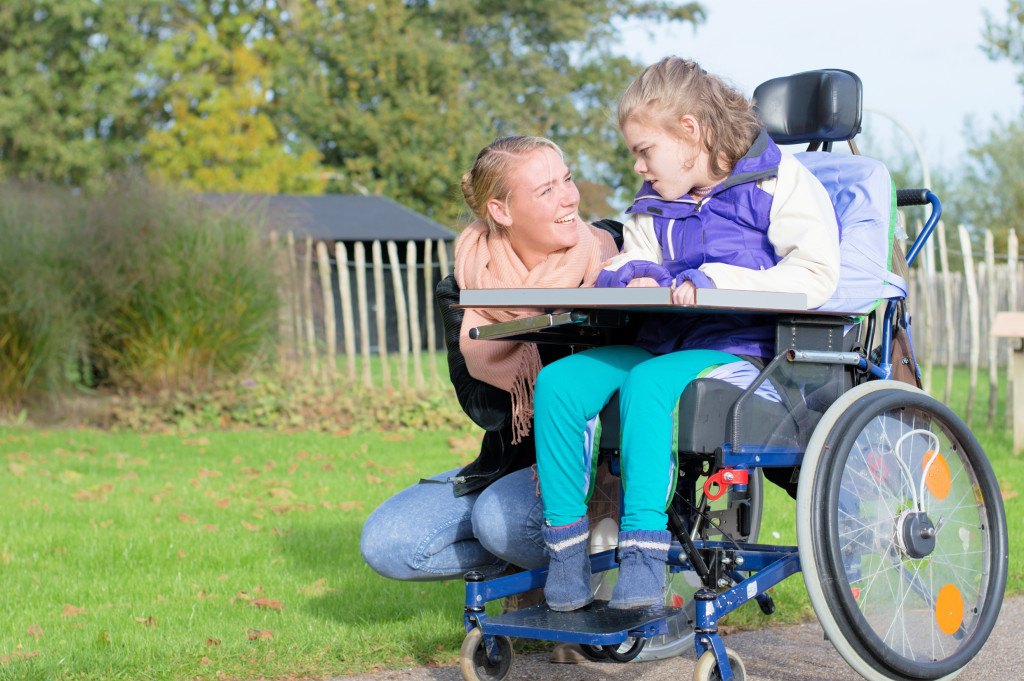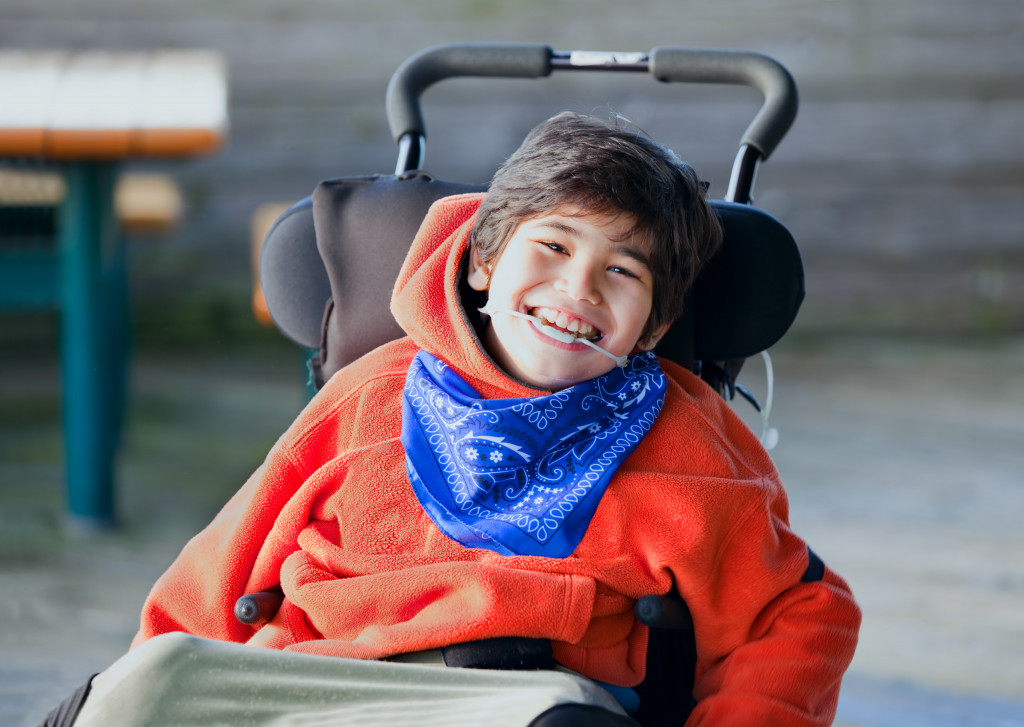- Build a solid emotional support system for your loved ones with disabilities. Listen to their concerns and encourage open communication.
- Educate yourself on the specific disability your loved one faces and help them find the right accommodations.
- Allow your loved ones with disabilities to make decisions for themselves, take risks, and explore their capabilities.
- Educate yourself on the laws and regulations concerning disability rights and connect them with disability organizations, services, and resources.
- Make sure they are able to access public spaces by seeking appropriate accommodations like wheelchair-friendly facilities and accessible bathrooms.
Millions of individuals around the world live with disabilities. Whether it’s a family member, friend, or loved one, we all know someone who faces unique challenges every day. We want to help and support them in any way we can, but sometimes, knowing the best approach can be challenging.
In this blog, you will learn essential tips to support your loved ones with disabilities. By understanding their needs and applying these strategies, you can empower, uplift, and help them to lead an inclusive and fulfilling life! Read on to learn more.
Building a solid emotional support system.
First and foremost, it’s essential to create a solid emotional support system for your loved ones with disabilities. It could involve their family, friends, or professional caregivers who understand their needs and can offer consistent support.
Listen to their concerns, empathize with their struggles, and encourage open and honest communication. This empathy will go a long way in helping your loved one feel valued, understood, and supported.
Learn about their disability and accommodation needs.
Make an effort to educate yourself about the specific disability that your loved one faces. Learning about the challenges, treatments, and approaches others have used will help you better understand their perspective and unique needs.
Once you understand their disability and limitations, help them in finding the right accommodations, whether that means adapting their daily routine, modifying living spaces, or seeking assistance with transportation, education, or employment. Being proactive in meeting their unique needs sets them up for success.
Encourage independence.

Encouraging independence is crucial for the emotional well-being and self-esteem of your loved ones with disabilities. While you should always be there to support them, avoid becoming overprotective, as this may hinder their growth and development.
Allow them to make decisions for themselves, take risks, and explore their capabilities. By doing so, you’ll help them build confidence and a sense of autonomy.
Advocacy and access to resources.
Supporting your loved ones with disabilities goes beyond just providing emotional support. Advocating for their rights, access to resources, and equal opportunities in society is your responsibility too. Here’s what you can do to fulfill this responsibility:
Educate yourself on the laws and regulations concerning disability rights.
Educating yourself on the law and regulations concerning disability rights is vital. The Americans with Disabilities Act (ADA) provides a comprehensive framework protecting civil rights and ensuring equal opportunity for individuals with disabilities.
Connect them with disability organizations, services, and resources.
There are numerous disability organizations, services, and resources that provide helpful information about disabilities and offer various programs for support. Reach out to these organizations and connect them with your loved ones.
Seek accommodations in public spaces.
In addition to seeking accommodations at home and work, many cities have laws or regulations protecting the rights of individuals with disabilities in public spaces. You can seek appropriate accommodations in these areas, such as wheelchair-friendly facilities, braille signs, and accessible bathrooms.
Learn about financial assistance programs for them.
You need to learn about financial assistance programs they may be eligible for and help them apply. For example, you can help them apply for a Social Security Disability claim by hiring Social Security Disability advocates and attorneys for them. These professionals will help them with the process of filing, appealing, and managing their Disability Insurance benefits. They can also teach them about other financial aid options they may be eligible for.
By advocating for their rights, access to resources, and equal opportunities, you can empower your loved ones with disabilities and help them lead a better life.
Celebrate their achievements.

Last but not least, celebrate their achievements — big or small. Acknowledging and congratulating them on their accomplishments will encourage them to continue striving for their goals and dreams.
However, it’s important to avoid comparing them to others or defining their success based on societal standards. Focus on their individual progress and personal growth, and make sure they know you’re proud of them.
Empowering your loved ones with disabilities requires a multifaceted approach that involves building a solid emotional support system, learning about their disability and needs, encouraging independence, advocating for rights and access to resources, seeking accommodations in public spaces, finding financial assistance programs they may be eligible for, and celebrating their achievements.
These strategies will help you create an inclusive environment where everyone can thrive. With the right attitude and understanding of providing effective support for those with disabilities, you can make a meaningful difference in someone’s life!


